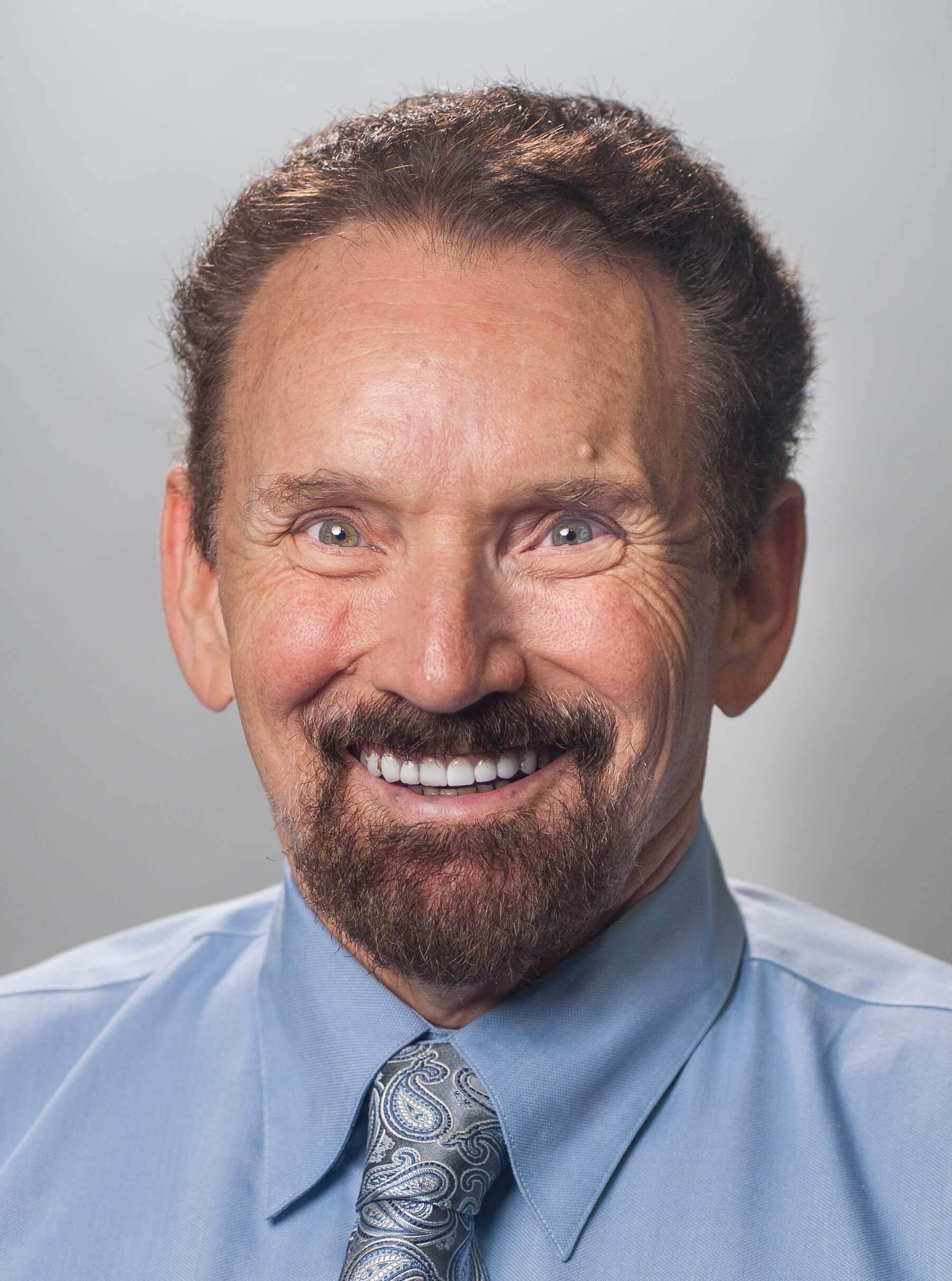In honor of National Physical Therapy Month, we at Physiquality thought it timely to remind readers about the importance of physical therapy. Here are 5 (of the many) reasons you should work with a physical therapist.

PTs are highly educated musculoskeletal specialists.
Physical therapists are required to complete extensive training — and to earn at least a master’s degree, if not a doctorate — before applying for state licensure. Most PT programs require coursework in anatomy, physiology and biomechanics, as well as multiple apprenticeships at physical therapy clinics. Even once a PT graduates and is licensed, many states require continuing clinical education in order to maintain licensure.
PTs are able to treat the whole person, not just a single body part.
Because of their extensive musculoskeletal knowledge, PTs can evaluate your body as a whole. For example, knee pain could be related to weakness in your hip; back pain could be related to your general posture. This is why a physical therapist will do an evaluation of your entire body on your first visit, to assess not only where you feel pain, but the variety of factors that could cause it, and then create a specific treatment plan for your condition.

PTs not only do rehab after an injury, but also provide health and wellness programs.
As healthcare practitioners trained to help people recuperate from injury, physical therapists are uniquely prepared to help people live healthier lives. For example, many PTs offer nutrition and exercise programs through their clinics. The programs can be used to supplement the clinical treatment of a patient, like an arthritis sufferer who needs to lose weight to relieve joint pressure, or a client who is simply interested in living a healthier life. In the same vein, PT clinics offer such programs as wellness/fitness evaluations, Pilates, strengthening and conditioning classes, and more. (Use our locator below to see if there’s a Physiquality clinic in your neighborhood that offers such programs.)
PTs can design individualized programs to improve your health.
PTs have the knowledge to treat a variety of symptoms. The most common reason physical therapists are approached is pain relief, but they can also improve posture, body structure, circulation and function, as well as correct deformities and promote healing.

PTs often specialize in a variety of fields.
Chances are high that a physical therapist in your neighborhood has specialized in a field of interest. While many work with specific types of athletes, others focus on performing artists, former soldiers and amputees, or children or seniors. Some PTs choose to do further study of particular health problems, working with cancer patients to reduce lymphedema, help patients with Parkinson’s or multiple sclerosis maintain their strength or grow stronger, or rehabilitate stroke victims back to independence.
As we continue to fight obesity and improve health throughout our country, it is clear that physical therapists are key partners in living healthier lives. Their training and clinical expertise are essential to maintaining strength and moving forward in all walks of life.
Thank you to our contributors:

Mitch Kaye, PT, oversees all aspects of clinical review and quality oversight for PTPN, Physiquality’s parent company. Mitch also assists PTPN regional offices with quality assurance program management through ongoing training and support, and he meets with therapists, physicians and payers as needed for program development and problem resolution.
Slayback, Carrie Luger. My turn: Friends shine after physical therapy. Los Angeles Times, July 25, 2011.
Rachlin, Natalia. War wounds and tutus. Wall Street Journal, July 6, 2011.
Physical therapy eases burden of lymphedema. PennLive.com, November 2, 2010.
Weinper, Michael. Physical therapists have what it takes: Meeting the health and fitness needs of Americans in challenging times. Impact, May 2010.
Rodriguez, Diana. Physical therapy after a stroke. Everyday Health, March 25, 2009.